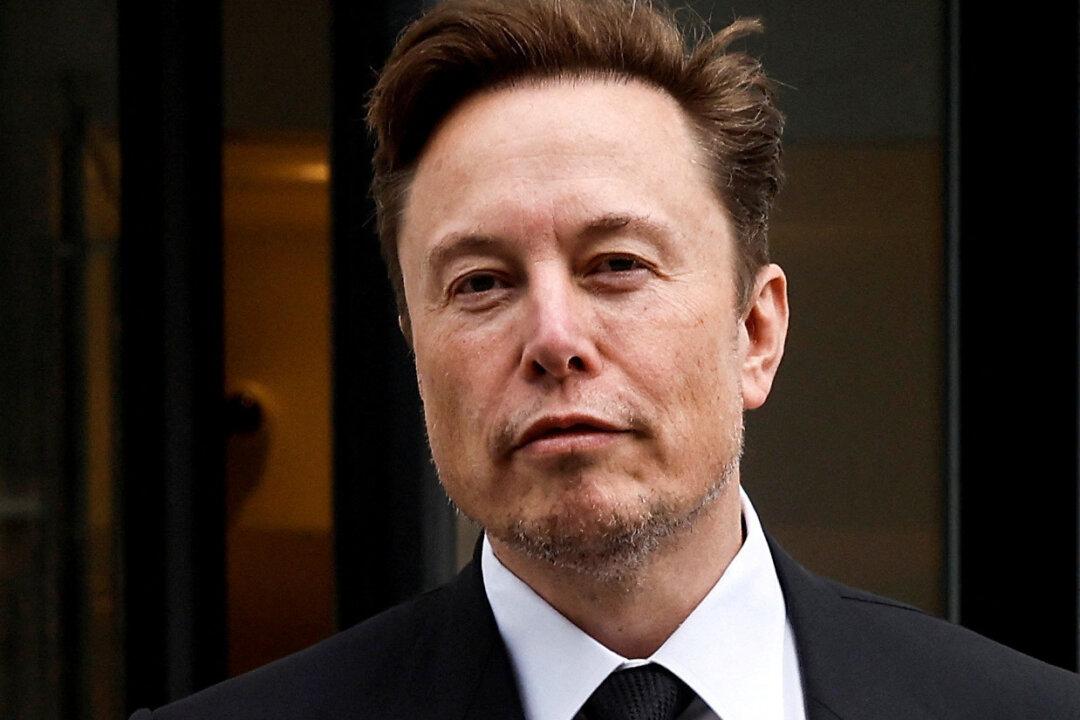European Union authorities are complaining that Twitter doesn’t seem to be taking the bloc’s fight against “disinformation” seriously by producing an incomplete report on compliance with its rules on censorship.
Elon Musk’s Twitter lagged the likes of Google, Meta, and TikTok in the fight against “disinformation” over the past six months, the European Commission said on Feb. 9, and it urged Twitter to get in line.





